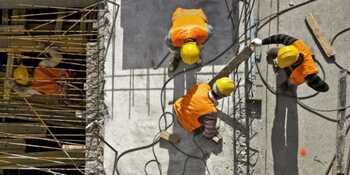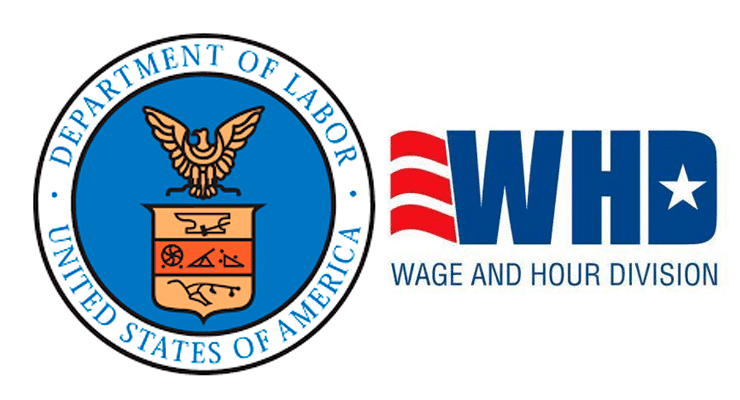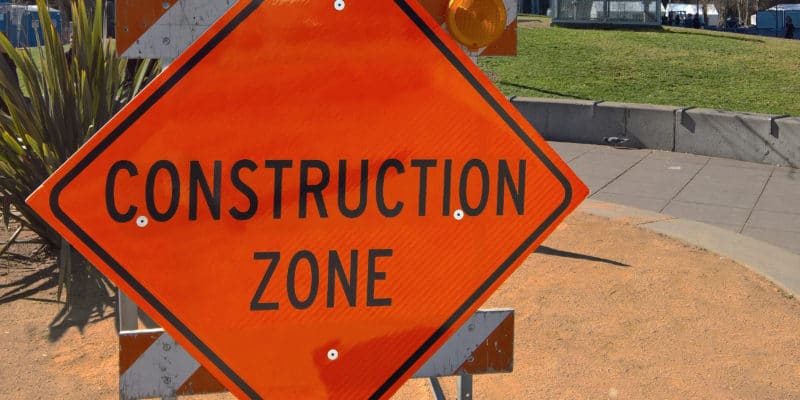Agency: Wage and Hour Division
Date: January 29, 2024
Release Number: 23-2598-NAT
A widespread investigation by the U.S. Department of Labor has recovered nearly $16 million in back wages and restored over 24,700 paid sick leave hours to leave banks for more than 2,800 workers denied their full wages and benefits by 62 subcontractors hired to construct temporary housing and provide services to Afghan refugees at Joint Base McGuire-Dix-Lakehurst in New Jersey.
After 75 investigations that included Jupiter, Florida-based Disaster Management Group LLC, one of the project’s general contractors, and 61 subcontractors, the department’s Wage and Hour Division found DMG and its subcontractors violated federal law, including the McNamara-O’Hara Service Contract Act, the Davis-Bacon Act, the Contract Work Hours and Safety Standards Act, the Fair Labor Standards Act and Executive Order 13706, by failing to:
Pay minimum prevailing wage rates to workers.
Pay fringe benefits.
Pay proper overtime.
Offer required paid sick leave under Executive Order 13706.
Properly classify workers as employees in their appropriate trades according to the work they performed.
Maintain required records, including segregating any benefits that may have been paid from wages.
Provide required notices to workers informing them of their rights under federal law.
The division found DMG liable for its own violations of federal law as well as for violations committed by its subcontractors for work performed at Joint Base McGuire-Dix-Lakehurst. Managed by the Department of Defense, the project involved contractors from 17 states and Puerto Rico tasked with building temporary housing and coordinating delivery of medical, food and translation services as part of Operation Allies Refuge and Operation Allies Welcome to resettle Afghan refugees. The project began in July 2021 and was completed in February 2022.
In addition to paying the back wages and fringe benefits, DMG signed an enhanced compliance agreement with the department that requires it to develop and follow strategies to prevent, detect and resolve potential non-compliance by, among other things:
Creating a written prevailing wage compliance manual to include employees’ federal protections.
Vetting potential subcontractors’ ability to perform work in compliance with prevailing wage laws.
Monitoring itself and its subcontractors proactively by periodically conducting confidential employee interviews, reviewing basic and certified records, analyzing the use of classifications related to the work performed, verifying fringe benefit payments and maintaining a list of all employees of all subcontractors on any covered contracts.
Requiring subcontractors to certify compliance on all prevailing wage projects.
Verifying that the agency has incorporated the correct labor clauses and wage determinations.
“Every worker deserves to be paid the full wages to which they are entitled, and this compliance agreement, which recovers millions in wages for hundreds of workers, should serve as notice to other government contractors that the department will utilize its full power to enforce vigorously federal wage laws,” said Solicitor of Labor Seema Nanda.










